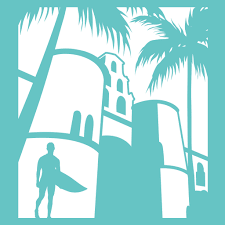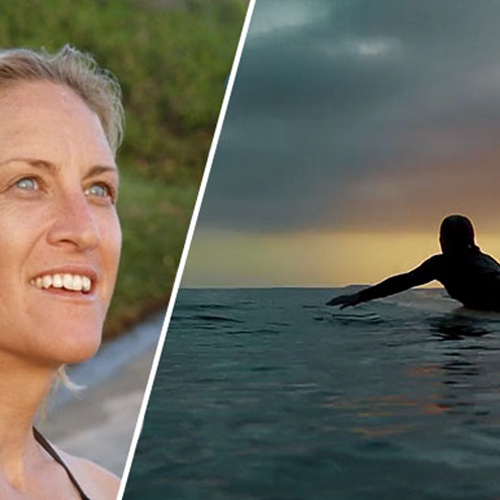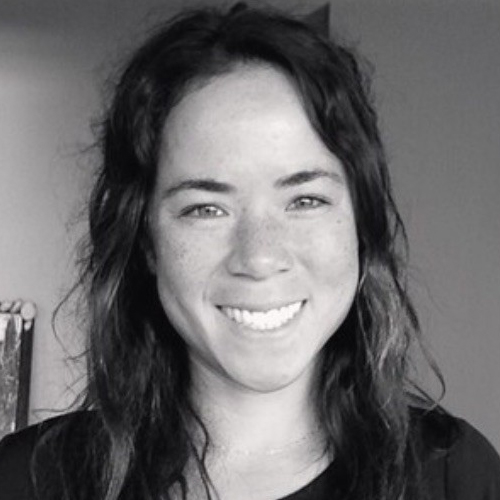Center for Surf Research
Center for Surf Research
The Center for Surf Research is the preeminent resource for sustainable surf tourism researchers, tourism operators, communities, governments, and surfers globally.
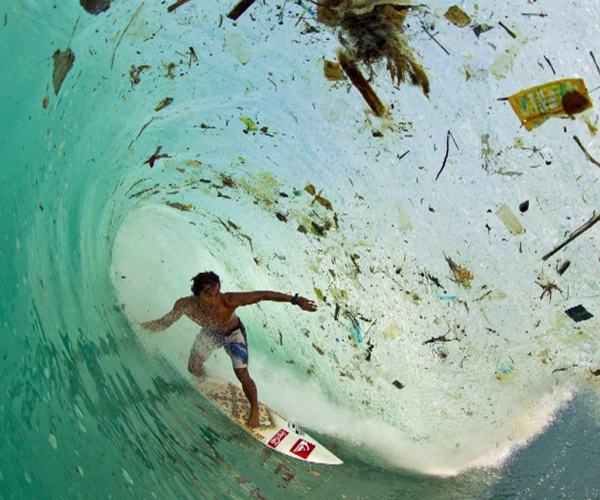
The Problem
As travelling surfers continue to expand their horizons to the farthest corners of the globe they too often create a legacy of soiled destinations, disheartened and distressed communities, and missed opportunities for tourism to create sustainable local livelihoods.
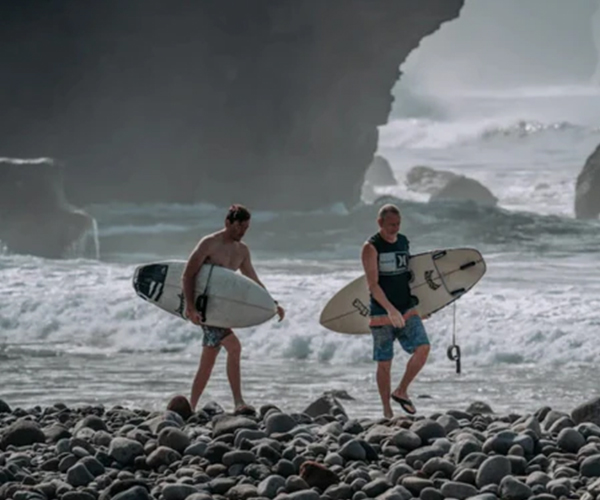
The Vision
By incorporating principles of sustainable tourism, surf tourism promotes healthy lifestyles and is a key driver for the environmental, social/cultural, and economic well being of destinations.
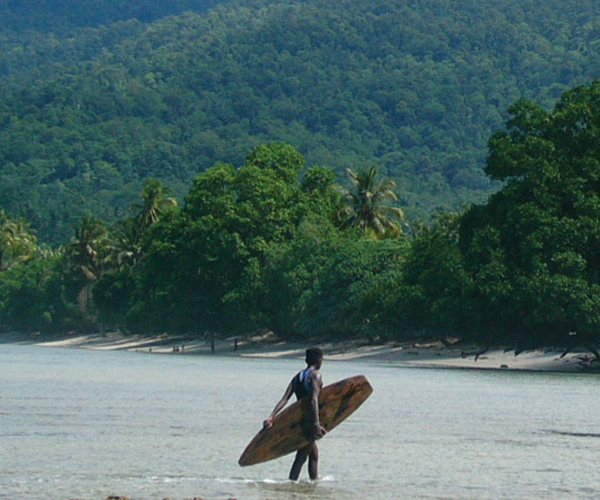
Our Mission
The Center for Surf Research is the preeminent resource for sustainable surf tourism researchers, tourism operators, communities, governments, and surfers globally.

